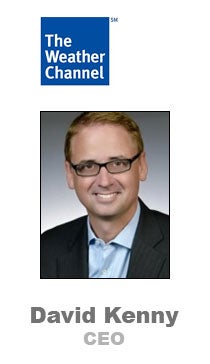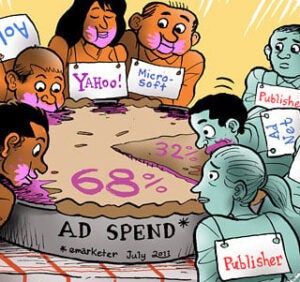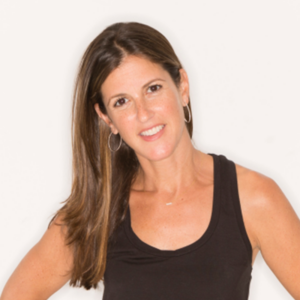 The Weather Channel’s acquisition of meteorological data company The Weather Underground (see release) may not provide the cable network and app operator with any immediate abilities to better predict rain or shine, but it does give it access to a well-regarded tech company that can help it lay the groundwork for new products and a wider audience.
The Weather Channel’s acquisition of meteorological data company The Weather Underground (see release) may not provide the cable network and app operator with any immediate abilities to better predict rain or shine, but it does give it access to a well-regarded tech company that can help it lay the groundwork for new products and a wider audience.
In essence, TWC is a lifestyle and media property. The Weather Underground, best known for its radar and stats heavy Wunderground site, can help TWC attract a more tech-oriented audience of roughly 11 million monthly users and connect more directly with affiliates in Silicon Valley and in other parts of the world.
“Our goal is to have multiple brands,” TWC chairman and CEO David Kenny told AdExchanger. “This will help us focus on what we do best: develop new products, while The Weather Underground concentrates on creating tools and packaging data in a way that will broaden our usage by consumers and marketers. The acquisition is a recognition that not everyone wants the weather in exactly the same way.”
As Curt Hecht, Kenny’s current chief revenue officer and former VivaKi colleague, said in an interview with us last month, TWC needs to focus more on programmatic buying. That’s still a challenge for publishers. Having data capabilities in-house could quickly erase the learning curve an entity like TWC would otherwise have to take.
The combined companies will work closely behind the scenes on new products and tools, but will maintain their separate brands, again, allowing Weather Underground to continue to build its niche audience as it helps TWC become embedded with even deeper science on its content and advertising sides.
Weather Underground president Alan Steremberg, who joined Kenny in the interview, added that the many ways of approaching subject matter in terms of content and marketing will help push both entities in new directions. “We have always tried to do things a little differently than The Weather Channel, which has always had such a huge presence in this space,” he said, “so I think that different perspective can have an influence and benefit both of us mutually.”
By David Kaplan












